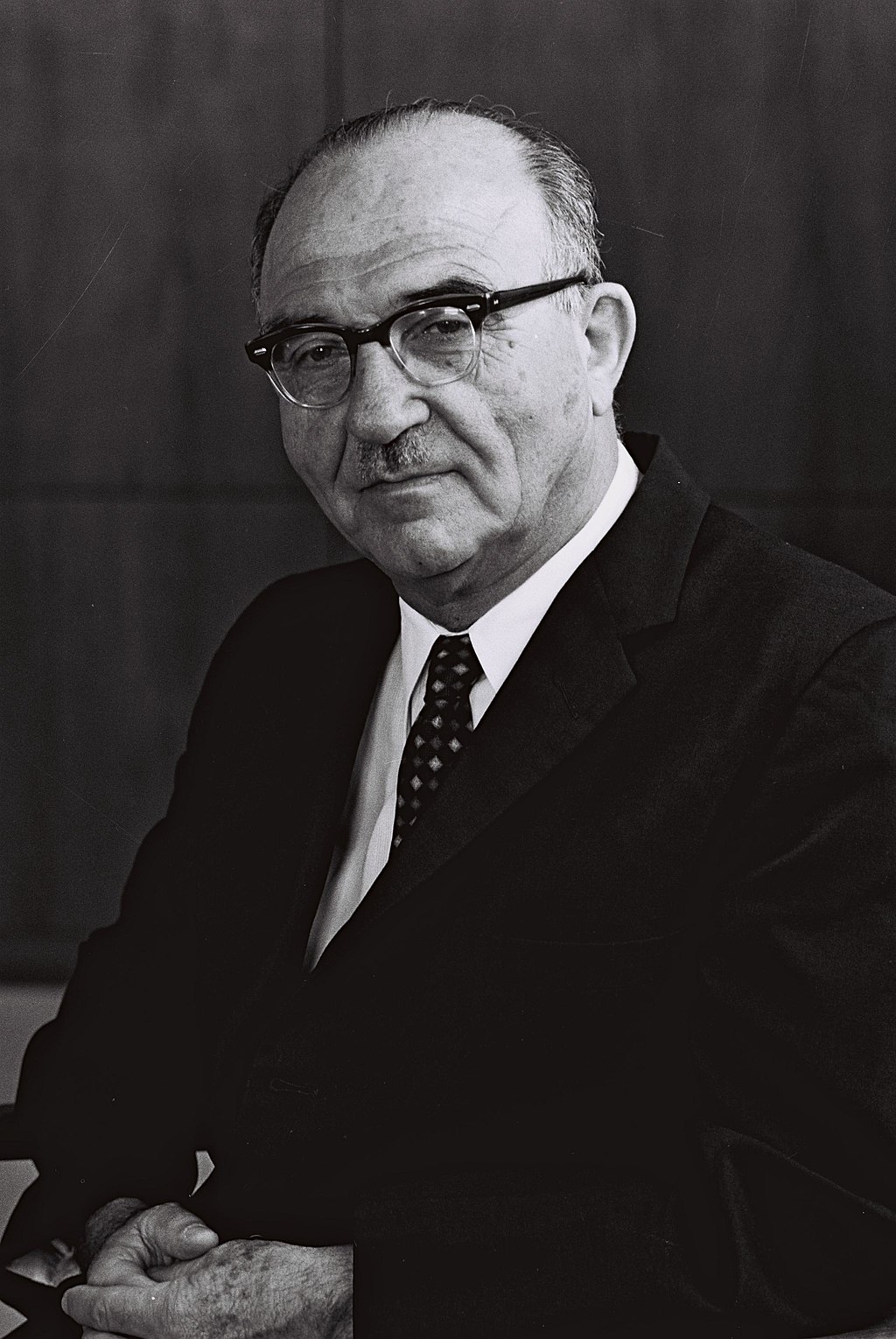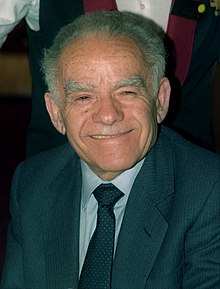Introduction
Menachem Begin was a transformative Israeli leader, known for his role in the peace treaty with Egypt and his dedication to Zionist ideals. Born on August 16, 1913, in Brest-Litovsk, Poland, Begin was a key figure in the struggle for Israeli independence, the founder of the Likud party, and Israel’s sixth Prime Minister. His leadership marked a significant shift in Israeli politics, and his efforts culminated in the signing of the historic Camp David Accords with Egypt, making him a Nobel Peace Prize laureate.
Early Life and the Struggle for Independence
Begin was born into a Zionist family and became actively involved in the Zionist movement from an early age. During World War II, he was imprisoned by Soviet authorities, eventually joining the Free Polish Army and making his way to Palestine. In Palestine, Begin took on the leadership of the Irgun, a paramilitary organization that played a significant role in the struggle against British rule.
Begin’s leadership of the Irgun was controversial, as the organization carried out armed resistance against British targets, most notably the bombing of the King David Hotel in 1946. He was a passionate advocate for Jewish self-determination and believed that armed struggle was necessary to achieve the establishment of a Jewish state.
Political Career and the Likud Revolution
After the establishment of Israel in 1948, Begin founded the Herut party, which later evolved into the Likud party. For decades, Begin was the leader of the opposition, representing the voice of those who felt marginalized by the ruling Labor party’s socialist policies. In 1977, Begin led Likud to a stunning electoral victory, marking the first time a right-wing party came to power in Israel, a shift that became known as the ‘Likud Revolution’.
As Prime Minister, Begin pursued a policy of economic liberalization and focused on strengthening Israel’s security. However, his most significant achievement was the peace treaty with Egypt, which was brokered by U.S. President Jimmy Carter at Camp David in 1978. Begin and Egyptian President Anwar Sadat signed the Camp David Accords, leading to the first peace treaty between Israel and an Arab country.
The Camp David Accords and Nobel Peace Prize
The Camp David Accords were a landmark achievement, ending decades of hostilities between Israel and Egypt. The treaty included Israel’s withdrawal from the Sinai Peninsula, which had been captured during the Six-Day War, in exchange for normalized relations with Egypt. For his role in securing peace, Begin, along with Sadat, was awarded the Nobel Peace Prize in 1978.
Begin’s decision to return the Sinai Peninsula was highly controversial within Israel, with many opposing the relinquishment of territory. Nevertheless, Begin believed that peace with Egypt was essential for Israel’s long-term security and stability.
Later Years and Legacy
Menachem Begin’s later years in office were marked by challenges, including the 1982 Lebanon War, which aimed to eliminate the threat posed by the PLO but led to significant controversy and public criticism. In 1983, following the death of his wife and under the strain of the ongoing conflict, Begin resigned from office and withdrew from public life.
Begin passed away in 1992, but his legacy continues to shape Israeli politics and society. He is remembered as a leader who was willing to make bold sacrifices for peace while also fiercely defending Israel’s right to security. The Menachem Begin Heritage Center in Jerusalem stands as a tribute to his life and contributions to the State of Israel.
Legacy and Influence
Menachem Begin’s impact on Israeli politics was profound. He reshaped the political landscape, giving voice to those who felt excluded by the ruling elites, and demonstrated that peace with Arab neighbors was possible. Begin’s leadership style, characterized by humility and a deep commitment to Jewish history and tradition, remains a source of inspiration for many in Israel today.



